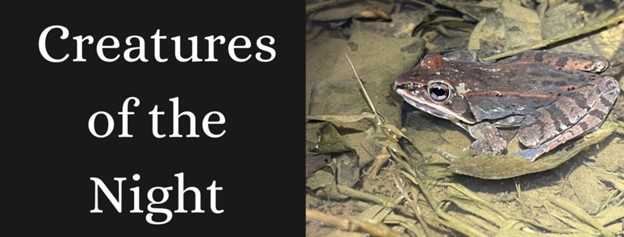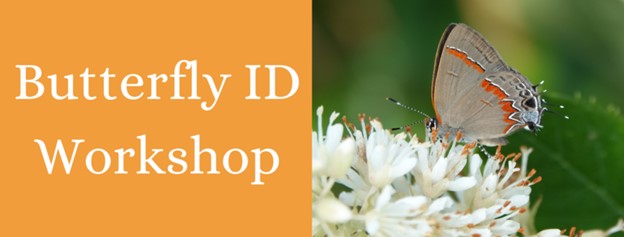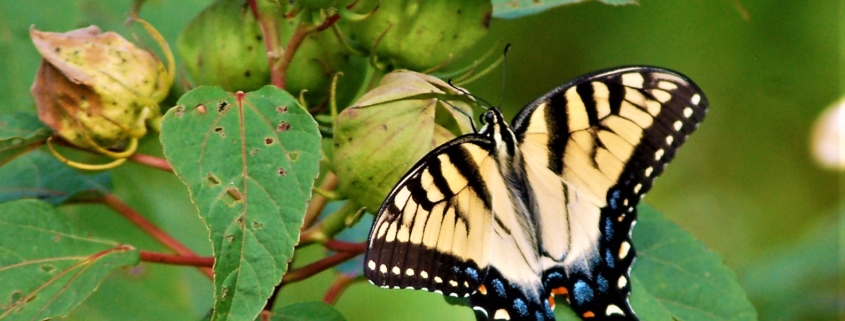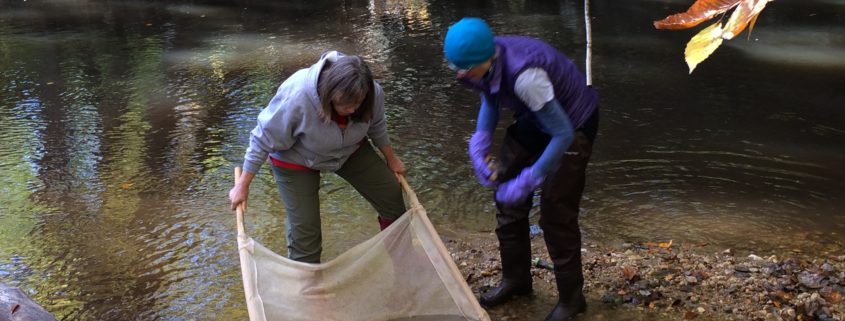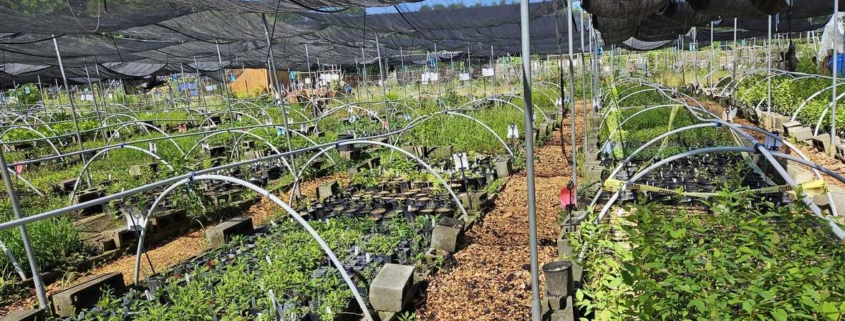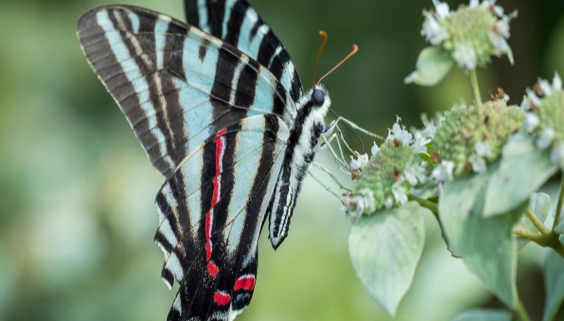Good Hedges Make Good Neighbors
Article and photo by Plant NOVA Natives
Dense plantings between properties are a valuable amenity, so much so that they are mandated for many building projects. A mixed hedge consisting of native plant species has the added value of supporting the songbirds in our communities. Privacy screens don’t always work out as planned, though, so here are a few considerations for creating and maintaining them.
Rows of identical evergreen trees or shrubs have been the conventional choice for screening. A strong case can be made, however, for mixing it up a bit. Ten plants of the same species may look symmetrical initially, but nature has a way of laughing at symmetry. Small variations in sunlight and moisture can cause the plants to grow at different rates. In the case of shrubs, this problem can be countered for a while by shearing them all to the same height. But it’s not a lot of fun to be standing on a ladder to shear plants, and eventually plants tend to rebel at being chopped back and start to look tired or leggy. A more serious problem occurs when one of them dies, leaving a hole in the screening, or worse, when a disease spreads from plant to plant, as can easily happen to a monoculture.
By contrast, a screen that consists of a variety of native plants – chosen because their natural sizes are appropriate for the situation – can do the job while reducing maintenance needs. As an important bonus, native trees and shrubs provide not only nesting sites for songbirds but also food for both the adults and the nestlings, unlike plants that evolved elsewhere and do little to support the local ecosystem. A list of native plants that are suitable for screening can be found on the Plant NOVA Natives website.
Sometimes people find themselves in a hurry to screen off an undesirable view and are facing the problem of having to wait for trees and shrubs to grow high enough. A better solution may be to block the view right away with a lattice and cover it with Coral Honeysuckle or Crossvine. Both of these evergreen native vines have colorful blooms that attract hummingbirds..
Unfortunately, our buffer areas between properties have become a prime target for invasive plant species, which can seriously degrade a site before the landowner realizes something is wrong. If screening was mandated in the development process, local ordinances require that the plants be maintained in good health and replaced if they die. The most immediate threat is posed by invasive vines such as Japanese Honeysuckle or Asian Wisteria which strangle and smother trees and shrubs. A nice screening that was an amenity is now a derelict eyesore and an invitation to dumping. Invasive trees such as Callery Pear crowd out the native trees, and invasive shrubs such as Japanese Barberry, Nandina, and Burning Bush prevent tree seedlings from growing. The sooner these plants are recognized and dealt with, the easier and less expensive it will be to preserve the beauty of our homes and communities. You can learn more about that on the invasives management page of the Plant NOVA Natives website.


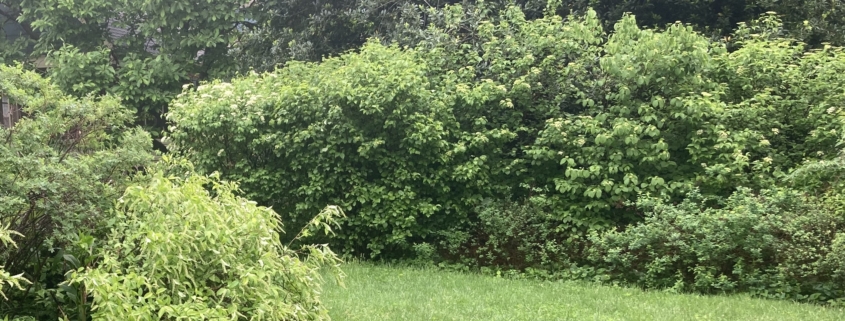


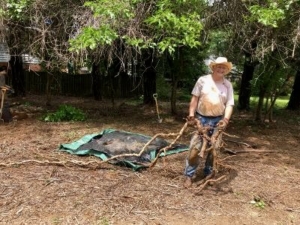

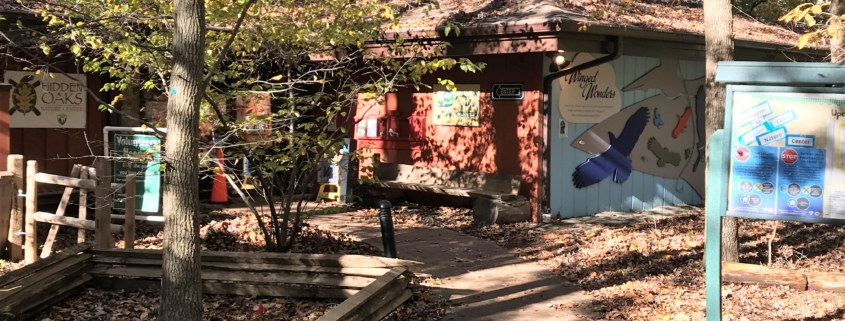 Jerry Nissley
Jerry Nissley